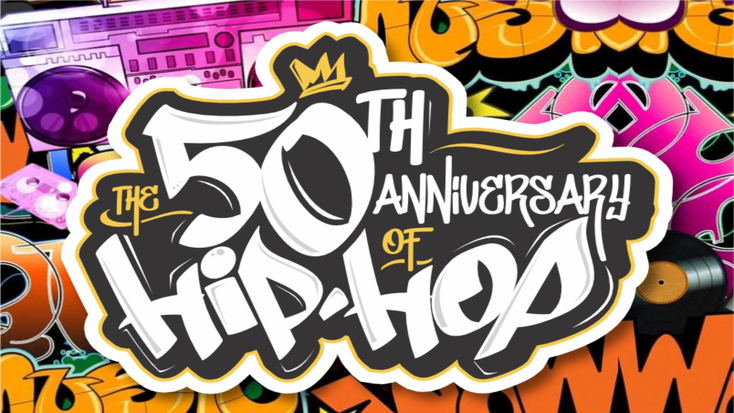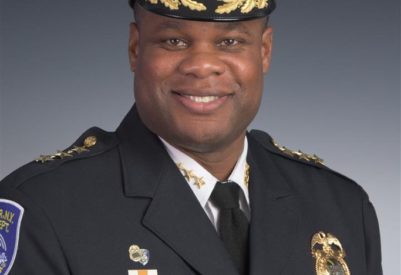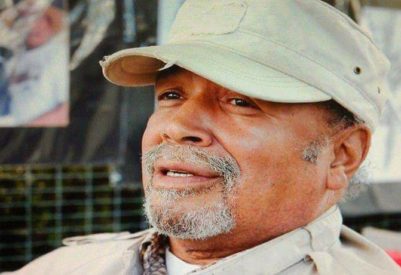
Southwest Tribune Newspaper, Rochester, NY
Hip hop is a cultural movement that emerged in the African American and Latino communities of the Bronx, New York City, in the 1970s. Its origins are often traced to August 11, 1973, when DJ Kool Herc hosted a party in the Bronx where he played a mix of funk, soul, and R&B records, using two turntables and a mixer to extend the instrumental breaks, or "breaks," in the music so that people could dance to them.
Over time, hip hop evolved into a multifaceted art form that includes four main elements: rapping, DJing, graffiti writing, and breakdancing. It has also become a platform for social and political commentary, a means of self-expression and empowerment, and a global phenomenon that has influenced music, fashion, film, and popular culture around the world.
In 2023, hip hop will celebrate its 50th anniversary since its inception in 1973. This milestone will be a significant occasion for the hip hop community to reflect on the movement's rich history, its cultural impact, and its future direction. It will also be an opportunity for fans, artists, and scholars to come together to honor the pioneers of hip hop and celebrate the diversity and creativity that have made it such a vibrant and enduring art form.
Hip hop was influenced by a variety of cultural, social, and artistic movements that emerged in the United States in the 1960s and 1970s. Some of the key influences include:
Black Power Movement: The Black Power Movement was a political and social movement that emerged in the late 1960s and sought to empower African Americans and challenge systemic racism and oppression. It had a significant impact on the development of hip hop, as many early hip hop artists were influenced by the movement's themes of black pride and resistance.
Funk and Soul Music: Funk and soul music were popular genres of music in the 1960s and 1970s and provided the musical backdrop for the early days of hip hop. Hip hop DJs would often sample and loop the instrumental breaks in funk and soul records, creating the foundation for hip hop music.
Jamaican Sound System Culture: Jamaican sound system culture, which involved DJs playing music on large sound systems at outdoor parties, also had an influence on hip hop. The practice of "toasting," or rhythmic chanting over a beat, originated in Jamaican sound system culture and was incorporated into hip hop.
Latino Culture: Latino culture, particularly Puerto Rican culture, played a significant role in the development of hip hop. Many early hip hop artists were Puerto Rican, and hip hop music was embraced by Latino communities in New York City and beyond.
Graffiti Art: Graffiti art, which emerged in the late 1960s and early 1970s, was also an influence on hip hop. Graffiti artists used spray paint and other materials to create large-scale murals and tags, often incorporating political and social commentary into their work. Many early hip hop artists were also graffiti writers, and the visual art of graffiti became an integral part of hip hop culture.
Hip hop has produced many legendary figures who have made significant contributions to the art form, both as performers and behind the scenes. Here are some of the most notable legends of hip hop:
Grandmaster Flash: One of the pioneers of hip hop, Grandmaster Flash is known for his innovative DJ techniques, including the "quick mix theory" and "cutting," which helped to define the sound of early hip hop.
Kool Herc: Known as the "father of hip hop," DJ Kool Herc is credited with originating the breakbeat style of DJing and hosting the first hip hop parties in the Bronx in the 1970s.
Afrika Bambaataa: A seminal figure in hip hop, Afrika Bambaataa is credited with coining the term "hip hop" and founding the Universal Zulu Nation, a hip hop collective that aimed to promote peace, unity, and social justice
Run-DMC: One of the most influential rap groups of all time, Run-DMC helped to popularize hip hop in the mainstream and paved the way for future rap stars with hits like "Walk This Way" and "It's Like That."
Tupac Shakur: A controversial and influential figure in hip hop, Tupac Shakur is widely regarded as one of the greatest rappers of all time. His music often dealt with themes of social justice, police brutality, and the struggles of urban life.
The Notorious B.I.G.: Another legendary rapper, The Notorious B.I.G. was known for his storytelling abilities and his ability to capture the reality of life on the streets in his music.
Public Enemy: A politically conscious rap group, Public Enemy's music tackled issues of racism, inequality, and social justice. They are best known for their hit song "Fight the Power," which became an anthem for the Black Lives Matter movement.
These are just a few of the many legendary figures who have contributed to the development of hip hop over the years. Each has left their own unique mark on the art form, and their influence can still be felt today in the work of contemporary hip hop artists.
Logos and branding: Hip hop artists have been known to prominently feature logos and branding in their clothing, often as a way of promoting themselves and their brand. This has contributed to the rise of branded streetwear and luxury fashion collaborations.
Jewelry: Bling, or flashy jewelry, has become a hallmark of hip hop fashion. From gold chains to diamond-encrusted watches, hip hop artists have made jewelry an integral part of their look.
Headwear: Hats have long been a part of hip hop fashion, from the bucket hats and Kangols of the 1980s to the snapbacks and fitted caps of today. Hip hop artists have used hats to make a statement, often featuring logos or phrases that reflect their personal style or beliefs.
Sneakers: Sneakers have become a key element of hip hop fashion, with many artists sporting the latest and most exclusive styles. Sneaker culture has become a subculture within hip hop, with sneakerheads collecting and trading rare and limited-edition sneakers.
Overall, hip hop fashion is characterized by its boldness, individuality, and streetwise attitude. It has had a lasting impact on fashion, influencing everything from high-end luxury brands to fast fashion retailers.
Hip hop has had a significant impact on fashion, and many clothing brands have emerged as a result. Here are some of the most notable hip hop fashion brands:
Adidas: Adidas has a long history with hip hop, with the brand's sneakers and tracksuits becoming iconic in hip hop fashion. Adidas has collaborated with many hip hop artists over the years, including Run-DMC and Kanye West.
Nike: Like Adidas, Nike has become a staple of hip hop fashion, with its sneakers and athletic apparel being popular among hip hop artists and fans alike. Nike has collaborated with many hip hop artists, including Drake and Travis Scott.
Puma: Puma has also been a popular brand in hip hop fashion, with its sneakers and clothing featuring prominently in hip hop culture. Puma has collaborated with many hip hop artists, including Rihanna and Meek Mill
FUBU: FUBU, which stands for "For Us By Us," was founded in the 1990s by a group of hip hop artists and has since become an iconic hip hop fashion brand. FUBU is known for its streetwear-inspired clothing and its focus on inclusivity and empowerment.
: Rocawear was founded by Jay-Z in 1999 and quickly became a popular hip hop fashion brand. Rocawear is known for its urban streetwear and has collaborated with many hip hop artists, including Nas and Fabolous.
Supreme: While not strictly a hip hop fashion brand, Supreme has become popular in hip hop culture for its limited-edition drops and collaborations with hip hop artists. Supreme is known for its bold and graphic streetwear designs.
These are just a few of the many hip hop fashion brands that have emerged over the years. Each has contributed to the unique style and aesthetic of hip hop fashion.
Hip hop, like any art form, has gone through changes and faced criticisms throughout its history. Some people may argue that hip hop has been destroyed or lost its way, but this is a subjective opinion and not necessarily reflective of the entire hip hop community.
One criticism of hip hop is that it has become too commercialized and mainstream, with artists prioritizing commercial success over artistic integrity. Some argue that this has led to a homogenization of the genre, with many artists sounding and looking alike.
Others have criticized hip hop for its portrayal of violence, misogyny, and materialism. These themes have been present in hip hop since its inception, but some argue that they have become more pronounced in recent years.
Despite these criticisms, hip hop continues to be a vibrant and dynamic art form, with many artists pushing the boundaries and exploring new styles and sounds. Hip hop has also been a platform for social and political commentary, with many artists using their music to address issues like racism, inequality, and police brutality.
In short, while some people may argue that hip hop has been destroyed or lost its way, the genre remains a vital and important form of artistic expression for many people around the world.





